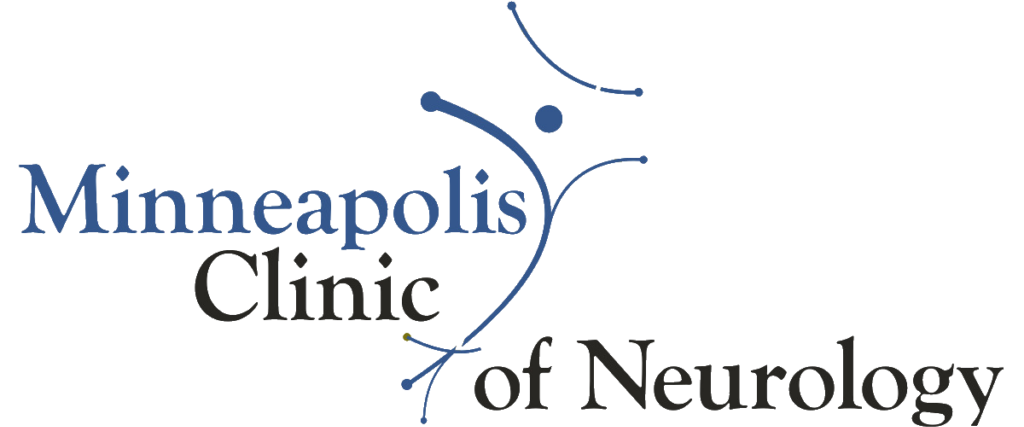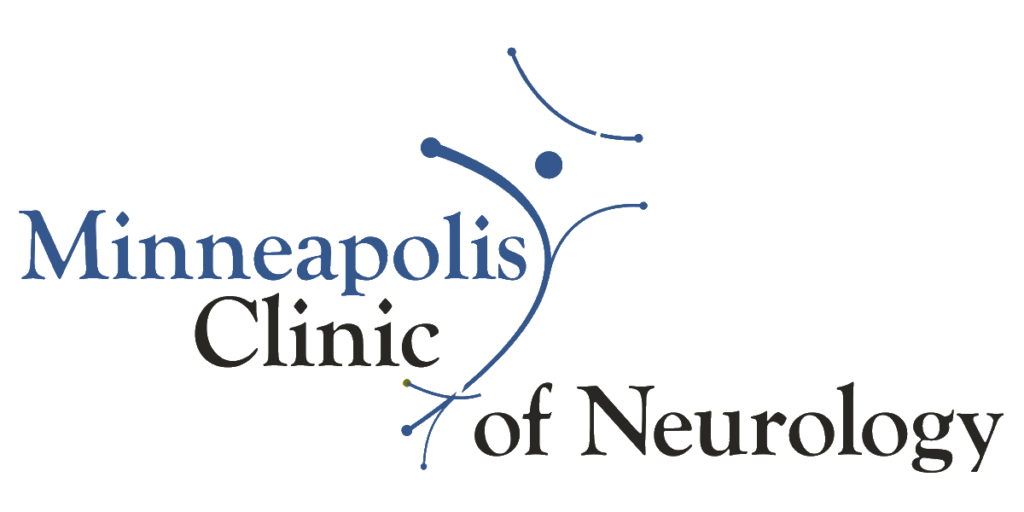Neuropsychological Testing

Neuropsychological testing involves the administration of standardized ability tests that assist in the identification of changes in brain functioning that may result from various medical and neurological conditions. Results are interpreted in light of the individual patient’s background and what is known regarding the relationship between brain status and mental and behavioral function.
Whereas CT and MRI scans are useful diagnostically in assessing any changes in the structure of the brain, neuropsychological testing provides information about brain function. Neuropsychological assessments aid in the diagnosis of conditions where gross brain structure may be normal, as in mild head injuries or early manifestations of Alzheimer’s disease. These assessments also provide useful information regarding a patient’s strengths and weaknesses, implications for work or independent living and treatment needs in persons with known brain conditions, such as strokes or other neurological diseases.
Neuropsychological testing helps physicians answer the following questions:
- Are patient concerns regarding mental inefficiency due to a brain-related condition, or to other factors, such as the effects of normal aging, increased cognitive (thinking) demands in daily and work life, stress, depression, etc.?
- Is a patient showing signs of early dementia? If so, is a particular condition suggested?
- Does a person with Multiple Sclerosis, Parkinson’s disease, or other neurological condition, have any losses in mental abilities as a result of his/her disorder? Are there areas of function that are not affected, or that are areas of preserved strength?
- Have the passage of time or treatment interventions affected the patient’s mental abilities?
- Do medications or drug/alcohol usage appear to be having detrimental effects on mental function?
In each of the above cases, evaluations will typically address:
- Practical implications of the individual’s strengths and weaknesses as they relate to education, work, retraining, independent living capability, etc.
- Treatment needs and implications of any cognitive deficits for treatments
- Prognosis for change over time. Neuropsychological testing takes from two to three hours to a full day, depending on the patient’s age and the referral questions to be answered. Evaluations measure patients’ skills and abilities in the following areas:
- Attention and concentration
- Academic skills
- Learning and memory
- Sensory-perceptual (vision, hearing, sense of touch) and motor functions (dexterity)
- Language
- Spatial abilities
- Planning, organization, reasoning and problem solving
- Emotional adjustment
Aviation Neuropsychology
The Minneapolis Clinic of Neurology offers Federal Aviation Administration (FAA) required CogScreen – Aeromedical Edition (CogScreen-AE) testing and neuropsychological examinations at our Golden Valley and Coon Rapids offices. For more information or to schedule an appointment, call 763-588-0661. Visit our Aviation Neuropsychology page for more information.
Locations / Contact Information
Referral form for all locations: FAX REFERRAL FORM
Minneapolis Clinic of Neurology – Golden Valley/Main Office
4225 Golden Valley Road
Golden Valley, MN 55422
(763) 588-0661
Minneapolis Clinic of Neurology – Burnsville Office
501 E. Nicollet Blvd., Suite 100
Burnsville, MN 55337
(952) 435-8516
Minneapolis Clinic of Neurology – Coon Rapids Office
3833 Coon Rapids Blvd., Suite 100
Coon Rapids, MN 55433
(763) 427-8320
Minneapolis Clinic of Neurology – Edina Office
3400 West 66th St., Suite 150
Edina, MN 55435
(952) 920-7200







